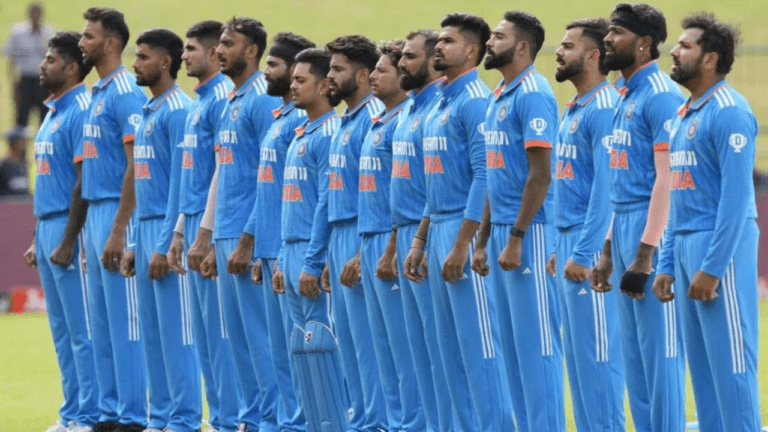IPL’s Impact on Cricket Umpiring Standards
Play99exch, Allpaanel: The Indian Premier League (IPL) has brought about a significant shift in the landscape of umpiring standards in cricket. The fast-paced nature of the league, with its high-stakes matches and raucous crowds, has put umpires under immense pressure to make split-second decisions accurately and efficiently.
In this intense environment, umpires are constantly challenged to stay on top of their game, ensuring that they uphold the integrity of the sport. The IPL’s use of technology, such as the Decision Review System (DRS), has also played a crucial role in raising umpiring standards by providing officials with access to tools that aid in making more precise decisions.
Evolution of Umpiring in Cricket Post IPL
With the advent of IPL, the umpiring standards in cricket have witnessed a significant evolution. The introduction of technologies like Decision Review System (DRS) and third-umpire referrals have enhanced the accuracy of decision-making on the field. Umpires are now under more scrutiny than ever before, with fans and players closely analyzing their decisions in real-time.
Furthermore, the IPL has provided umpires with the opportunity to officiate in high-pressure situations, leading to improved decision-making under tense circumstances. The exposure to top international players and high-profile matches in the IPL has helped umpires gain valuable experience and develop their skills on a global stage.
Challenges Faced by Umpires in IPL Matches
Umpiring in IPL matches presents a myriad of challenges that test the expertise and resilience of officials on the field. One significant hurdle faced by umpires is the intense pressure and scrutiny they are under, given the high stakes and visibility of IPL games. The fast-paced nature of T20 cricket increases the likelihood of contentious decisions, putting umpires in the spotlight and subjecting them to intense scrutiny from players, coaches, and fans alike.
In addition to the pressure of making split-second decisions, umpires in IPL matches also contend with the advent of technology and its impact on the game. With the introduction of tools like the Decision Review System (DRS), umpires are not only required to make accurate on-field calls but also to adapt to the use of technology in reviewing their decisions. The implementation of DRS has added an extra layer of complexity to the role of umpires, as they must now navigate between on-field judgment and the technological assistance available, all while maintaining the integrity and flow of the game.







